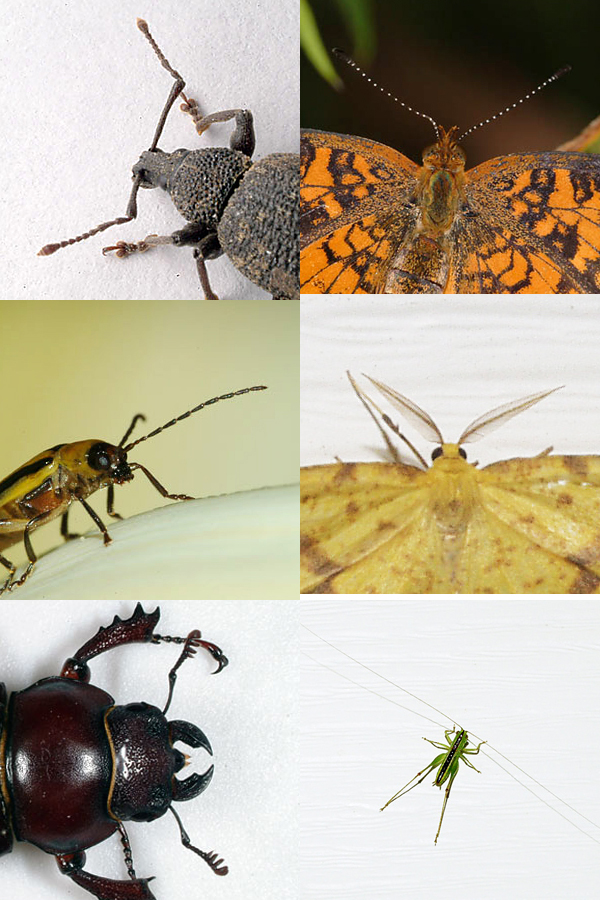|
Alpenus Schraderi
''Alpenus schraderi'' is a moth of the family Erebidae. It was described by Walter Rothschild in 1910. It is found in Ethiopia, Sudan, Kenya, Uganda and Tanzania. The larvae feed on ''Amaryllis belladonna'', '' Averhoa carambola'', '' Albizzia zygia'', ''Canavalia ensiformis'', '' Musa sapientum'' and ''Theobroma cacao ''Theobroma cacao'', also called the cacao tree and the cocoa tree, is a small ( tall) evergreen tree in the family Malvaceae. Its seeds, cocoa beans, are used to make chocolate liquor, cocoa solids, cocoa butter and chocolate. The largest pro ...''. Subspecies *''Alpenus schraderi schraderi'' (Ethiopia) *''Alpenus schraderi rattrayi'' (Rothschild, 1910) (Sudan, Kenya, Uganda, Tanzania) References Moths described in 1910 Spilosomina Moths of Africa Insects of Cameroon Insects of West Africa Insects of Uganda Insects of Eritrea Insects of Ethiopia Insects of Tanzania {{Spilosomina-stub ... [...More Info...] [...Related Items...] OR: [Wikipedia] [Google] [Baidu] |
Walter Rothschild, 2nd Baron Rothschild
Lionel Walter Rothschild, 2nd Baron Rothschild, Baron de Rothschild, (8 February 1868 – 27 August 1937) was a British banker, politician, zoologist and soldier, who was a member of the Rothschild family. As a Zionist leader, he was presented with the Balfour Declaration, which pledged British support for a Jewish national home in Palestine. Rothschild was the president of the Board of Deputies of British Jews from 1925 to 1926. Early life Walter Rothschild was born in London as the eldest son and heir of Emma Louise von Rothschild and Nathan Rothschild, 1st Baron Rothschild, an immensely wealthy financier of the international Rothschild financial dynasty and the first Jewish peer in England. The eldest of three children, Walter was deemed to have delicate health and was educated at home. As a young man, he travelled in Europe, attending the University of Bonn for a year before entering Magdalene College, Cambridge. In 1889, leaving Cambridge after two years, he was ... [...More Info...] [...Related Items...] OR: [Wikipedia] [Google] [Baidu] |
Musa Sapientum
Musa may refer to: Places *Mūša, a river in Lithuania and Latvia * Musa, Azerbaijan, a village in Yardymli Rayon * Musa, Iran, a village in Ilam Province *Musa, Chaharmahal and Bakhtiari, Iran *Musa, Kerman, Iran * Musa, Bukan, West Azerbaijan Province, Iran *Musa, Maku, West Azerbaijan Province, Iran *Musa, Pakistan, a village in Chhachh, Attock, Punjab, Pakistan *Musa (crater), an impact crater on Saturn's moon Enceladus *Musa (Tanzanian ward), a ward in Tanzania *Abu Musa, an island in the Persian Gulf *Musa Dagh a mountain peak in Turkey * Jebel Musa (Morocco), a mountain known as one of the pillars of Hercules * Jabal Musa, or Mount Sinai, a mountain in the Sinai Desert believed to be a possible location of the Biblical Mount Sinai * Muza Emporion, an ancient port city near present day Mocha, Yemen People * Musa (name), including a list of people with the surname and given name * Moses in Islam * Musa I of Mali, emperor of the Mali Empire 1312–37 * Musa of Parthia, que ... [...More Info...] [...Related Items...] OR: [Wikipedia] [Google] [Baidu] |
Insects Of Eritrea
Insects (from Latin ') are pancrustacean hexapod invertebrates of the class Insecta. They are the largest group within the arthropod phylum. Insects have a chitinous exoskeleton, a three-part body (head, thorax and abdomen), three pairs of jointed legs, compound eyes and one pair of antennae. Their blood is not totally contained in vessels; some circulates in an open cavity known as the haemocoel. Insects are the most diverse group of animals; they include more than a million described species and represent more than half of all known living organisms. The total number of extant species is estimated at between six and ten million; In: potentially over 90% of the animal life forms on Earth are insects. Insects may be found in nearly all environments, although only a small number of species reside in the oceans, which are dominated by another arthropod group, crustaceans, which recent research has indicated insects are nested within. Nearly all insects hatch from eggs. Insec ... [...More Info...] [...Related Items...] OR: [Wikipedia] [Google] [Baidu] |

